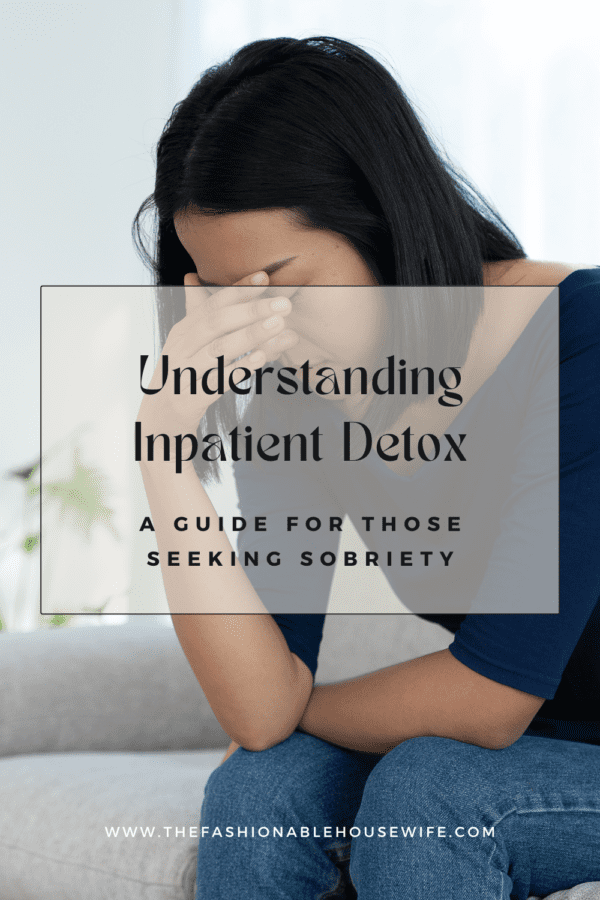
Many people who are addicted to drugs try to quit on their own, only to experience unpleasant or dangerous withdrawal symptoms. A formal detox program can make this process easier and more comfortable.
When someone checks into a detox facility, they will be asked numerous questions about their history with substance abuse and medical and mental health history. This information is vital for proper treatment and care.
Medical Monitoring
Many people in recovery from addiction experience withdrawal symptoms that can be uncomfortable or even dangerous. For those who struggle with alcohol use disorder (AUD), these withdrawal symptoms can be especially pronounced.
Detox treatment provides medical monitoring to help ensure your safety. You will receive constant care from doctors and nurses who are familiar with the symptoms associated with specific substances.
The detox process is not always easy, but it is a necessary step in your journey to sobriety. Your stay at a detox center is usually short and may last 10-90 days, depending on the substance you’re addicted to and your health status. Your time in detox is meant to be an intensive experience without distractions and influences from the outside world that can trigger a relapse, as is often the case with outpatient detox.
Medications
There are a variety of FDA-approved medications that can be used during the detox process to help alleviate some of the withdrawal symptoms. These medications can include anti-nausea drugs as well as antidepressants and mood stabilizers.
During the initial assessment, doctors will also determine the most appropriate for an individual’s detox needs. They will consider the individual’s drug use history, health and psychiatric conditions, and home environment.
The inpatient detox near me allows for more of a closed-off environment where the individual can focus solely on their recovery. This gives them a better chance of success once they return to the real world. It is also a much safer option as it provides round-the-clock medical monitoring.

Counseling
The goal of detox is to clean the body of chemicals and teach patients how to live without drugs or alcohol. Counseling sessions and one-on-one therapy sessions are often offered to help individuals find new coping mechanisms that can prevent them from using drugs or alcohol in the future.
Those who have completed drug or alcohol detox will likely be transitioned into the addiction treatment that works best for them. Treatment may include counseling, group therapy, individual therapy, and a sober living home.
Research has shown that the level of care a person receives during detox will affect their overall treatment outcome. Those who experience more severe withdrawal symptoms such as seizures or delirium tremens are less likely to improve their products in any treatment program.
Group Therapy
Often, addiction treatment centers offer group therapy that allows patients to socialize safely while learning to interact with peers. This is especially helpful for those struggling with relapse triggers and other aspects of addiction that may cause discomfort or distress during recovery.
Inpatient detox provides a place to avoid the people, places, and things that can trigger a relapse. It also offers 24-hour medical care to manage withdrawal symptoms.
While detox can help relieve some of the pain and discomfort associated with drug use, it isn’t enough to overcome long-term addiction. That’s why seeking treatment after the detox process is complete is essential. A comprehensive addiction treatment program will address the underlying causes of addiction. This will help prevent relapse and ensure long-term recovery.
Individual Therapy
During individual therapy, patients receive one-on-one treatment with a licensed therapist. During this time, they will work to understand their addiction and learn how to cope with cravings.
They will also work to understand their triggers and how to avoid them. It is essential, to be honest and transparent with the therapist as it can help their recovery process.
Individual therapy can be used to explore issues such as depression, body image, sexuality, and more. It is a vital part of the detox process and helps to support long-term recovery.
Inpatient detox can be a helpful way for people to get the medical help that they need. It is a time-tested method that can provide individuals with the necessary tools to live without drugs or alcohol.




